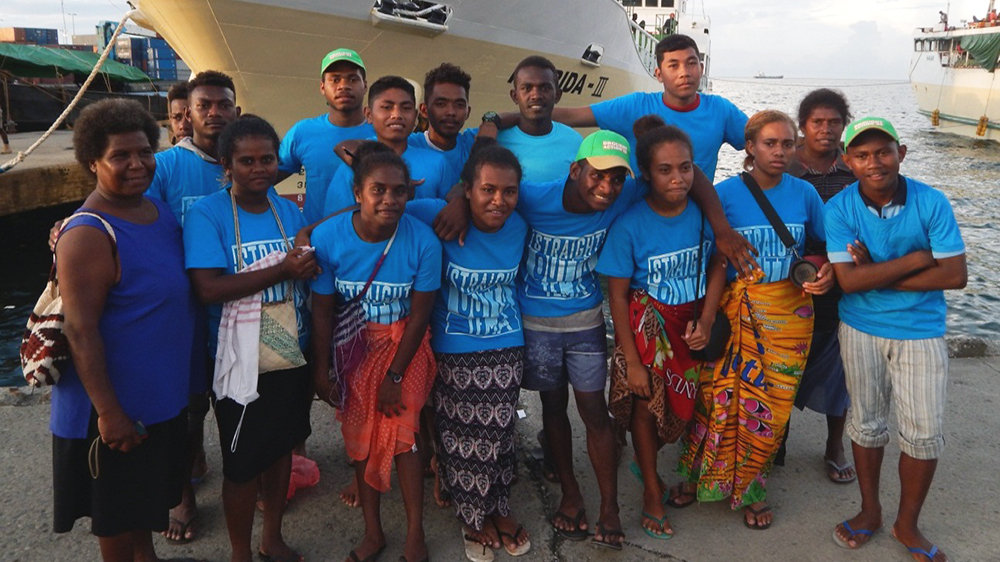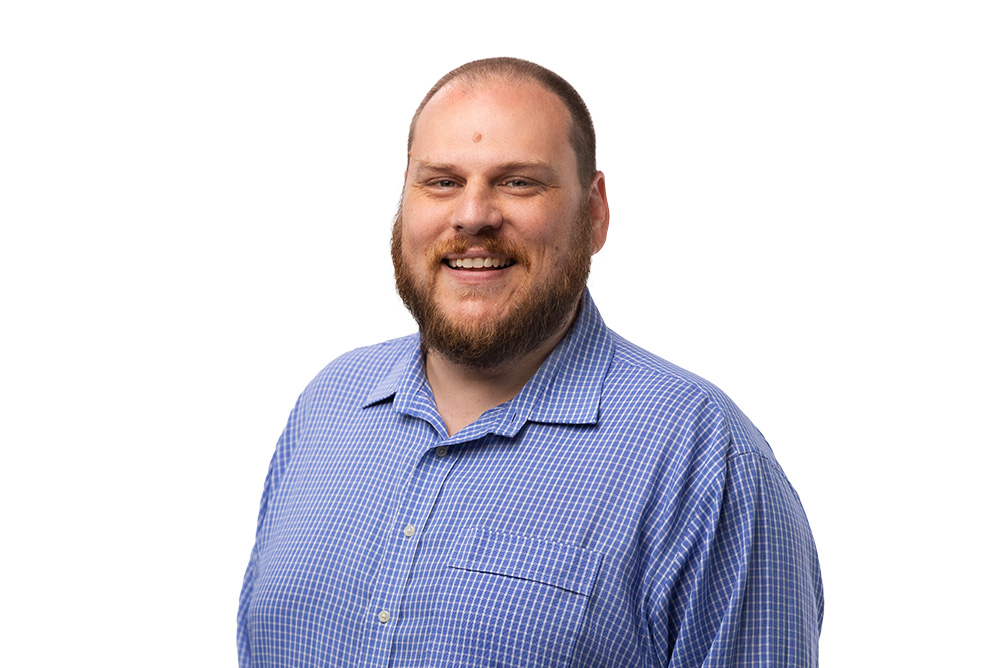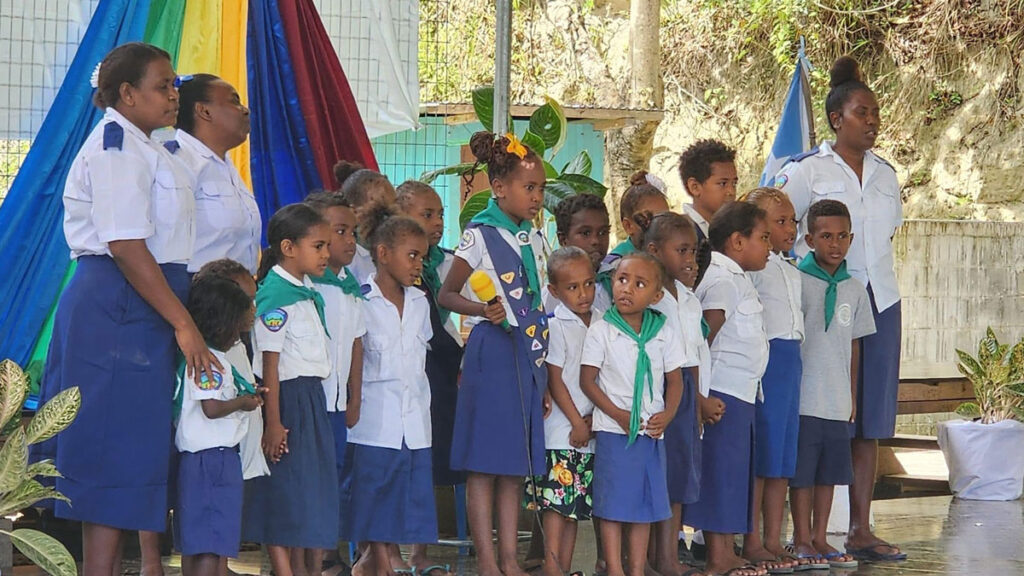Betikama Adventist College is taking the gospel commission seriously. As a Top National Senior Secondary College, the school attracts students from across Solomon Islands.
Opened 70 years ago, Betikama has always been a missionary school. However, in 2017, it began a push for Total Member Involvement.
According to Betikama principal Denis Kaipa, 18 per cent of the 500 students are from a non-Adventist background. So that’s where they started—making sure that they had engaged all of their students first.
This year, the students were divided into nine cultural groups, representing different regions of the Solomons. Students and staff in each group were encouraged to plan outreach trips to their own home regions.
The first cultural group successfully ventured out during the mid-year break as missionaries from Betikama.
The TEMA (Temotu and Makira) group’s goal was to visit a remote Adventist village to encourage and support those living there.
Makira Island (also called San Cristobal) has a population of more than 40,000, yet there are only around 200 active Seventh-day Adventists there. It was into this challenging field that the 14 students and two staff entered.
While there they had the opportunity to supply clothes to children and those in need, to witness and visit, and help out around the community with work, cooking, teaching cloth dyeing and screen printing to people interested in starting small businesses. They prayed with the sick and conducted Bible studies.

“God blessed the students’ simple acts of kindness for the communities on Makira Island,” Mr Kaipa said. “Many who disliked Adventism now had an interest in what we had to say. Financially it is challenging to visit all the bigger villages but we believe our Makira students will continue the work.”
An end-of-year trip is planned for Rendovah Island, in the Western Solomon Islands.
Meanwhile, the mission within the college continues. Along with the rest of the Pacific, Betikama took part in the Pentecost Harvest programs in July. Conducting Bible studies during first semester, the program saw 30 young people decide to be baptised. Of those, eight come from other faith backgrounds and are facing opposition from their parents.
 A special offering was collected during closing Sabbath programs to help with supporting needy dormitory students with items like soap, toothpaste and bedding. They will need prayers and help with school fees, with the college providing some assistance.
A special offering was collected during closing Sabbath programs to help with supporting needy dormitory students with items like soap, toothpaste and bedding. They will need prayers and help with school fees, with the college providing some assistance.
Plans are also in place to visit neighbouring senior schools to reach out on Sabbath afternoons, providing students at those schools with the same basic necessities and offering prayer.
The whole school is committed to the missionary spirit.
“We just need your prayers,” said Mr Kaipa.






